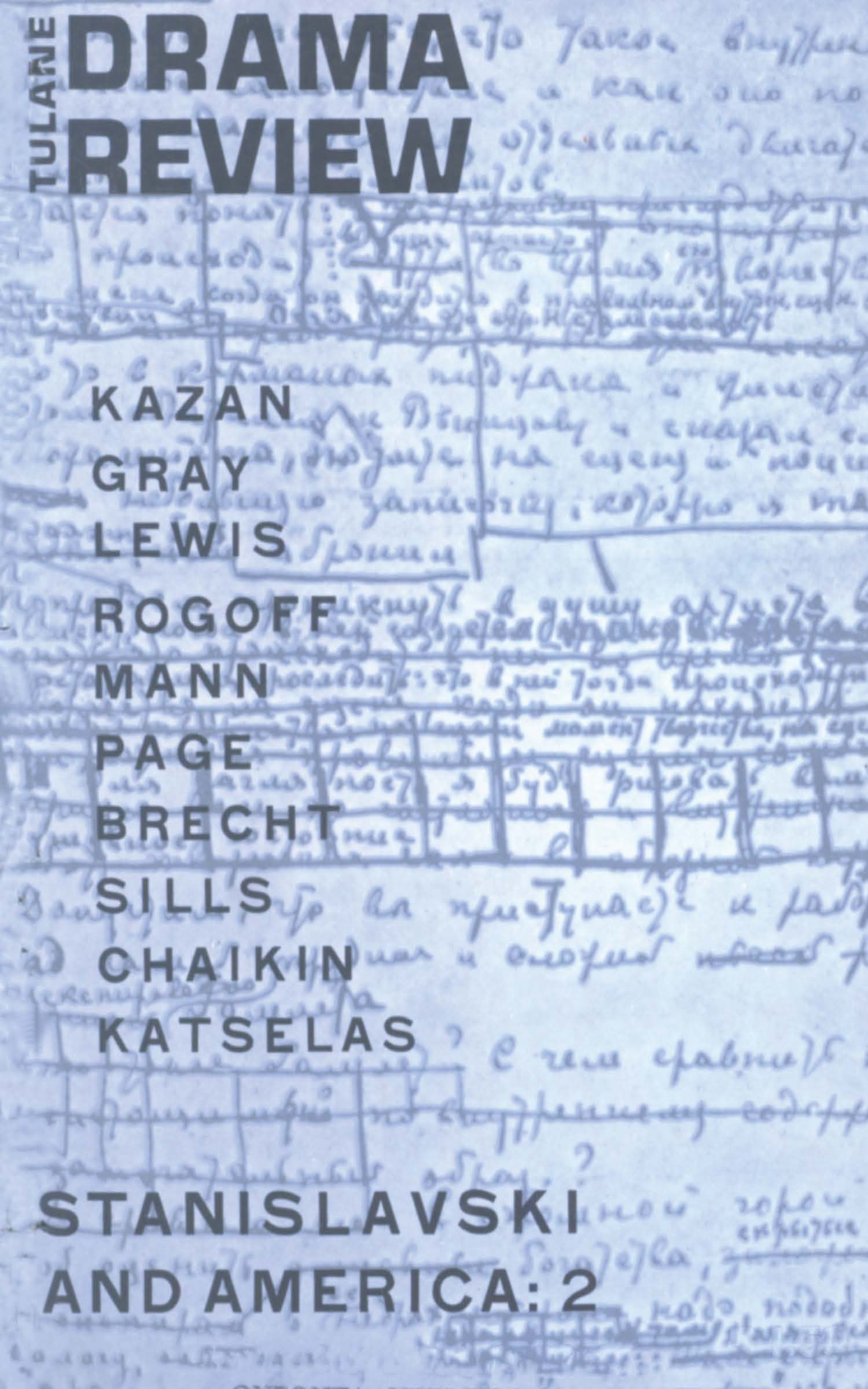No CrossRef data available.
Article contents
The Memory of Heroism
Published online by Cambridge University Press: 23 November 2021
Extract
Like most monuments of the past in an America obsessed with its present and future, the extant plays of the three Attic tragic dramatists are works for which everyone expresses reverence, but which few read without compulsion. It is a commonplace that fifth century Athens, along with seventeenth century Europe, produced the most sublime drama the world has ever known; yet, stage performances of Greek tragedy are extremely rare, casual reading of the plays is almost unheard of, and, even in the colleges—where the spirit of the past is kept fitfully alive—the Oresteia is sometimes taught primarly as an introduction to Mourning Becomes Electra. All things conspire to keep Aeschylus, Sophocles, and Euripides at a respectful distance. Present-day scholarship, when it employs the (often valuable) archetypal critical techniques, tends to analyze the tragedies as mosaics of mythical patterns rather than immediate, sensual experiences; and, on Broadway, the techniques of Greek drama are exploited only to give dignity to dramatic enterprises which have little importance by themselves.
- Type
- Research Article
- Information
- Copyright
- Copyright © The Tulane Drama Review 1960


